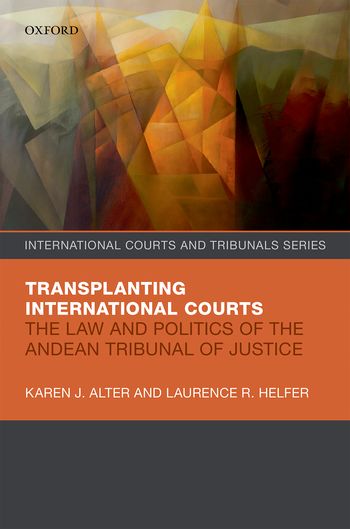
The Andean Pact was founded in 1969 to build a common market in South America. Andean leaders copied the institutional and treaty design of the European Community, and in the 1970s, member states decided to add a tribunal, again turning to the European Community as its model. Since its first ruling in 1987, the Andean Tribunal of Justice has exercised authority over the countries which are members of the Andean Community: Bolivia, Colombia, Ecuador, and Peru (formerly also Venezuela). It is now the third most active international court in the world, used by governments and private actors to protect their rights and interests in the region.
This book investigates how a region with weak legal institutions developed an effective international rule of law, why the Tribunal was able to induce widespread respect for Andean intellectual property rules but not other areas governed by regional integration rules, and what the Tribunal's experience means for comparable international courts. It also assesses the Andean experience in order to reconsider the European Community system, exploring why the law and politics of integration in Europe and the Andes followed different trajectories. It finally provides a detailed analysis of the key factors associated with effective supranational adjudication. This book collects together previously published material by two leading interdisciplinary scholars of international law and politics, and is enhanced by three original chapters further reflecting on the Andean legal order.